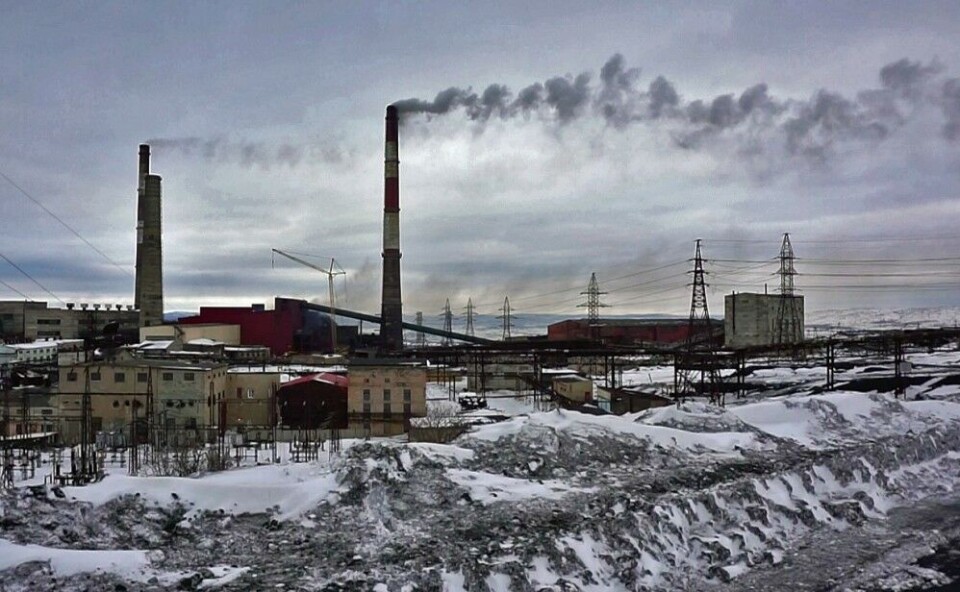
U.S., Russia thwarting black carbon reduction in Arctic, says Finland
Black carbon pollution remains a pressing concern in the Arctic, but the U.S. and Russia are thwarting regional co-operation efforts to combat the problem, says Finland’s Ministry of Foreign Affairs.
The Arctic Council, an international forum made up of the world’s eight circumpolar countries, which includes Finland; and six Arctic Indigenous groups, has made fighting black carbon a regional priority because of its role in warming the atmosphere.
When black carbon is deposited on ice and snow, it absorbs heat, instead of reflecting heat from these surfaces, contributing to global warming. Approximately one third of Arctic warming is caused by black carbon emissions from circumpolar countries.
The Arctic Council has made black carbon a priority since 2015 when it adopted the “Enhanced Black Carbon and Methane Emissions Reductions: An Arctic Council Framework for Action.”
The forum also established an expert group on black carbon and methane to help implement the framework’s commitments to reduce black carbon and recommend collective goals for black carbon reduction.
Finland is currently nearing the the end of its leadership of the Arctic Council. The chairmanship rotates through member countries every two years.
Finland’s Ministry of Foreign Affairs says that while the majority of Arctic countries have managed to reduce their emissions, not everyone has been on board.
“The Arctic Council’s efforts to curb black carbon emissions have encountered difficulties,” said the news release this week.
“The United States has withdrawn from common reduction goals, and Russia has not submitted its national calculations on black carbon emissions.”
Upcoming ministerial
Black carbon is made up of fine matter produced by incomplete combustion of carbon-based fuels. It can be emitted by everything from diesel engines to forest fires.
Because black carbon particles are so small, they can be inhaled and have also been linked to respiratory and circulatory problems in humans.
After carbon dioxide, black carbon is the second biggest contributor to warming.
The Arctic Council’s black carbon working group will submit their next progress summary, along with recommendations for further reducing emissions, at the Arctic Council ministerial in Rovaniemi, Finland.
The ministerial is also where Finland will hand over chairmanship of the Arctic Council to Iceland.
The meeting runs May 6-7.
This story is posted on the Barents Observer as part of Eye on the Arctic, a collaborative partnership between public and private circumpolar media organizations.















